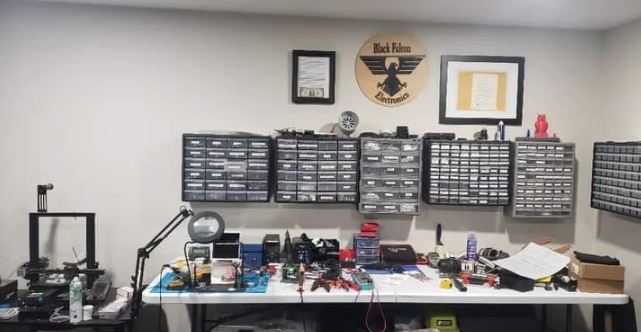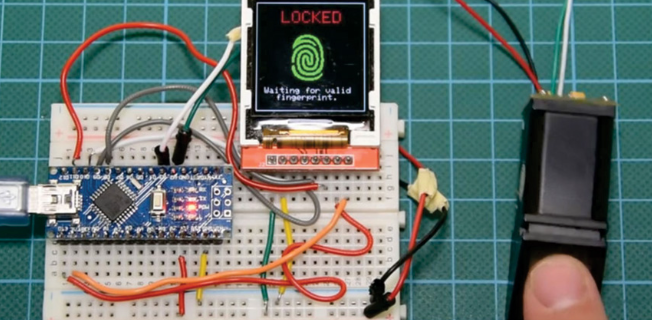What makes a good hobby is something that has a cheap barrier to entry, easy to understand, expandable in complexity and use, and is a swiss army knife in that it can solve a multitude of problems. That is what arduino is.
Brand new to arduino and don’t know how to light an LED? You can do that with arduino.
Want to make a garden manager project? Arduino
Making a drone? Arduino–Did it myself
Want to save money by making your own home security system with no subscription fees? Arduino. How many times do I have to say it!!!
So sure there’s a lot you CAN do. But HOW do you do it?
Getting Started
All you need are a few arduinos, a breadboard, computer to do the programming and to download the IDE and a few projects and you’re good to go! But you also need some sensors, and that’s where you get a starter kit. These are basically kits with an assortment of sensors, passive, and active components that teach you how to do the thing, the things being arduino programming. While a lot of companies tell you the code to make the thing work, what they DON’T always do is teach you how to program outside of the relay. As an example, I can teach you what a relay does, what it is, and provide code on how to power and manipulate it via arduino. But are you taught what using digitalWrite() does or the differences between using digital pins versus PWM pins are or the difference in symbology? That’s where getting one of my Sparrow Programming Kits is essential as you’re not only taught WHAT something does but WHY it does it as well as get building blocks to higher levels of understanding of programming concepts.
If you have an engineering mindset, want to have one, are creative, have problem solving skills, like puzzles, and don’t mind a little bit of magic smoke every now and again then programming or electro mechanics specifically is what you want to get into. We’re not talking about graduating into making a webpage, or hacking NASA with HTML. We’re talking about using electronics and programming to manipulate, monitor, or transit through the world. That all starts with taking the first step and putting rubber on the road with a basic programming kit.
Fire Hose Data
To understand the super high concepts look at channels such as rctestflight, Tech Ingredients, styropyro, Jeremy Fielding just to name a few. Even if you don’t fully understand what they are doing, if you’ve had no exposure to the tech world they are all amazing at describing what they do. I typically just have their videos in the background while I work to passively learn something as I’m doing something else. Plus, it gives you good inspiration if you want to replicate a project they do or remix it to a higher or lower level. Its definitely not a mandate, but good for gee whiz info to get the brain going.
Take It Slow
Don’t worry about having to be like any of the previously listed greats as the journey of a thousand miles starts with a single step. They didn’t get to where they are by making super high expectations, and neither should you. Once you eventually move past the beginning steps, look around at what you do in your day to day to see if there’s a problem or process that can be solved or automated with arduino or its analogs. I made a whole thing talking about making a great project you should take a look at. Suffice it to say that once you start automating processes and making solutions that save you time you’ll eventually hit a hot streak where you have enough knowledge and skill to do most of what you want around the house and on your breadboard. That’s when you get into soldering, using prototype boards, advanced sensors and even making your own pcbs. but remember, its a marathon, not a sprint.
What Could This Escalate To?

Having your own lab. Be it in the garage, basement, or in a room, it could escalate into a wonderous place with tools for every occasion, sensors for every desire and 3D printers to make whatever you want. You only limitation being your imagination and the libraries you find. Short of that, the world is you oyster.
